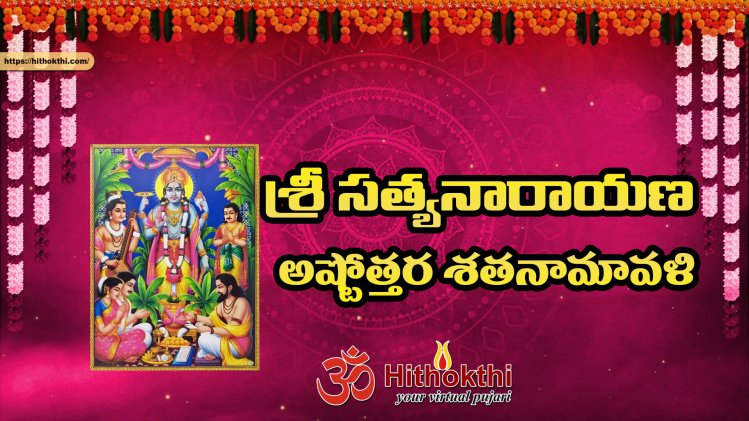Warkari Tradition Bears the Brunt of Fast-Changing Times and Lifestyles
PUNE, July 2, 2013: Walking down the newly widened road that leads to the main temple in Dehu, one comes across a group of youngsters playing gully cricket. Some of them have just finished high school while others are pursuing degree courses in engineering, science and even agriculture. The only thing they have in common, besides their shared passion for cricket, is the legacy ofwarkari culture, nurtured for hundreds of years by their forefathers. However, things have been changing and changing very fast of late.
"The approach (of the youth towards warkari) has transformed in the last five decades or so with most of these changes becoming visible in the last four to five years. An increasing number of youngsters from our village, which primarily comprises farmers, now work in companies or even do business. So they are unable to get leave for 45 days, which is the time required to make a trip to Pandharpur and back. It's difficult to spare even 15 days if they decide to make a one-way trip and return by bus," said SubodhVitthal More, who belongs to the 10th generation of Tukaram, the 17th century saint and a disciple of Vithoba, an incarnation of Lord Vishnu.
![]()
This does not mean that warkaris earlier had a lot of time at their disposal. Just that they were all farmers and they grew not more than two crops a year and so a majority of them were available for the roughly 45 days required for completing the Ashadhi wari to Pandharpur. Now farmers have taken to growing five to six crops a year, sowing coriander, leafy vegetables among others that mature in 30 to 40 days and require constant attention, say locals.
Besides, the disintegration of the joint family system has had its impact. "Earlier, if one or two members of a family proceeded on the wari, the others would take care of the farm and day-to-day needs of the family. The nuclear family structure today does not give this option. Besides, dedicated warkaris use these 45 or 15 days for spiritual cleansing, which is not possible if they remain attached to the family and constantly worried about its well-being," said More.
The change of circumstances, however, does not mean that the warkaris' love for their favourite deity, Vithoba, is fading away. "Youngsters may not be able to spare 15 days, but they do join the procession as per convenience. Say, one joins the wari at Loni and then walks all the way to Pandharpur. This helps him save at least five days. Some others may join only for two or three days and then return," said a village elder.
Youngsters here say that their focus on their career does not take away from them their devotion towards Vithoba. Prabhanjan, who is pursuing an engineering degree in information technology, has been to the wari once. "I am curious to learn the abhangs and study the Bhagwat Dharma, but my desire to prove myself as a professional is equally strong. So, I will remain attached to the Sant Tukaram Maharaj Sanstha but it will not come in my way of pursuing higher studies and finding jobs."
Some admit that their fascination for the palkhi procession or their spirited participation in it is more out of curiosity than actual knowledge of the tradition. Take for instance, Ranjeet, who is closely associated with the Tukaram Maharaj palkhi procession this year. "Ignorance about the warkari sect and the Bhagwat Dharma is not new. Not many of us have in depth knowledge about our panth and the process that drives the wari. The energy that you see among most of the youngsters today (during the entire pilgrimage) is borne out of curiosity," said Ranjeet, a final-year diploma student in engineering at MIT college.
However, diversification of professions and changes in priorities has had little effect at the grassroots level. "Young people from our village have been the driving force behind the success of 'anna daan' centres in the village. They collect donations, cook food for lakhs of devotees and regulate the event with endless energy. This is possible only when you have unwavering dedication towards the Almighty," said Prashant Bhalekar, treasurer of Sant Tukaram Anna Daan Mandal.
![]()
Swapnil More, who has created a 'Virtual Dindi' on Facebook, says, "The spirit of wari is far from dying. Youngsters today have adapted to the tradition in a new way. I know over 500 people from urban centres who have joined this campaign on FB. Many of them now participate in the actual wari and rub shoulders with the old men. I think this generation is quite capable of taking the institution of wari ahead."
Source: The Times of India, DT. July 2, 2013.







